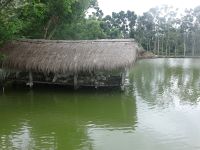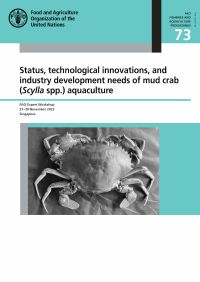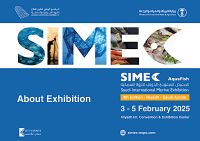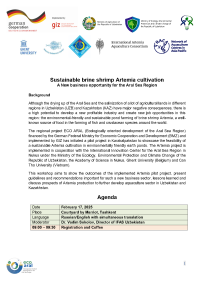Carps are a vital component of global freshwater fish production, particularly in India, where both Indian major carps and indigenous species contribute to aquaculture. This study reviews the food and feeding habits of select peninsular carps, highlighting their potential for aquaculture diversification and biodiversity conservation. Indigenous species such as Hypselobarbus pulchellus, Barbodes carnaticus, Labeo fimbriatus, Labeo kontius, and Tor khudree demonstrate adaptability to natural productivity, reducing reliance on artificial feeds. Gut content analyses reveal dietary patterns ranging from herbivory to omnivory, with species consuming vascular plants, algae, molluscs, and insects. Feeding behavior varies across life stages, with juveniles relying on zooplankton and diatoms, while adults shift to macrophytes and benthic organisms. Integrating these species into polyculture systems could enhance aquaculture efficiency and support conservation efforts for threatened endemic fish.
Small and medium-scale aquaculture in West Bengal has evolved to incorporate cost-effective, sustainable practices that reduce input costs while maintaining productivity. This article explores various low-cost aquaculture techniques used by rural fish farmers, emphasising farm-made feed formulations, pond fertilisation methods, and integrated farming systems. Farmers utilise non-conventional feed additives to enhance fish health and growth while reducing reliance on expensive commercial products. Fermented feed supplements and probiotic formulations have been successfully implemented to improve water quality and plankton production. Integrated fish farming, incorporating compost manure, vermicomposting, and polyculture with species like giant freshwater prawn, has increased productivity and economic returns.
This document contains the proceedings of the technical workshop entitled “Status, technological innovations, and industry development needs of mud crab (Scylla spp.) aquaculture” held from 27 to 30 November 2023, in Singapore. It provides a summary of the workshop, highlighting key opportunities and challenges in the development of mud crab aquaculture, along with a series of follow-up actions and recommendations to support growth in the sector. It also includes a brief global overview of the status of mud crab aquaculture development as well as reviews detailing the development status in major producing countries. Additionally, the document features technical reports on advancements in hatchery-produced seedstock, farming systems for both soft-shell and hard-shell crabs, value chains, marketing, and topics related to management, conservation, transportation, and the future quality and handling standards of the industry.
The National Fisheries Development Program will organise an event to highlight the importance and sustainability of the fisheries sector, and how to leverage and fully exploit these untapped resources to advance the associated economic sectors. The event will further underline numerous advantages of the Saudi Arabia’s strategic location by organising a major exhibition that will bring to together various sectors and activities in one place, will be held with aim attracting international best experience and global expertise to discuss new developments and emerging issues in the international arena. It will mainly focus on aquaculture, marine fisheries and other significant topics. The exhibition will include several specialised workshops in the field of fisheries, aquaculture, seafood and algae, along with Master Class cooking activities, business to business (B2B) and business to government (B2G) meetings. No other national event or gathering has ever brought together all sectors and activities associated to marine fisheries and aquaculture sector in one place.
Although the drying up of the Aral Sea and the salinisation of a lot of agricultural lands in different regions in Uzbekistan (UZB) and Kazakhstan (KAZ) have major negative consequences, there is a high potential to develop a new profitable industry and create new job opportunities in this region: the environmental-friendly and sustainable pond farming of brine shrimp Artemia, a wellknown source of food in the farming of fish and crustacean species around the world. This workshop aims to show the outcomes of the implemented Artemia pilot project, present guidelines and recommendations important for such a new business sector, lessons learned and discuss prospects of Artemia production to further develop aquaculture sector in Uzbekistan and Kazakhstan.




